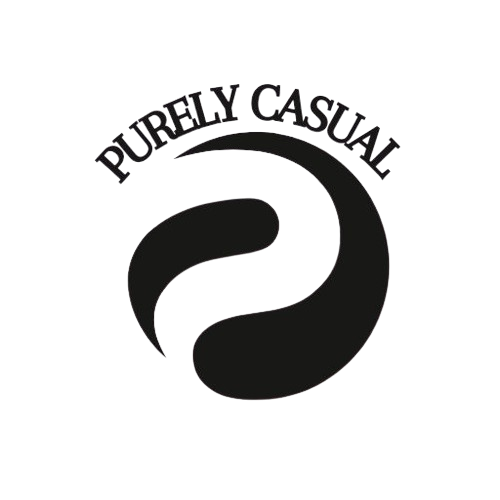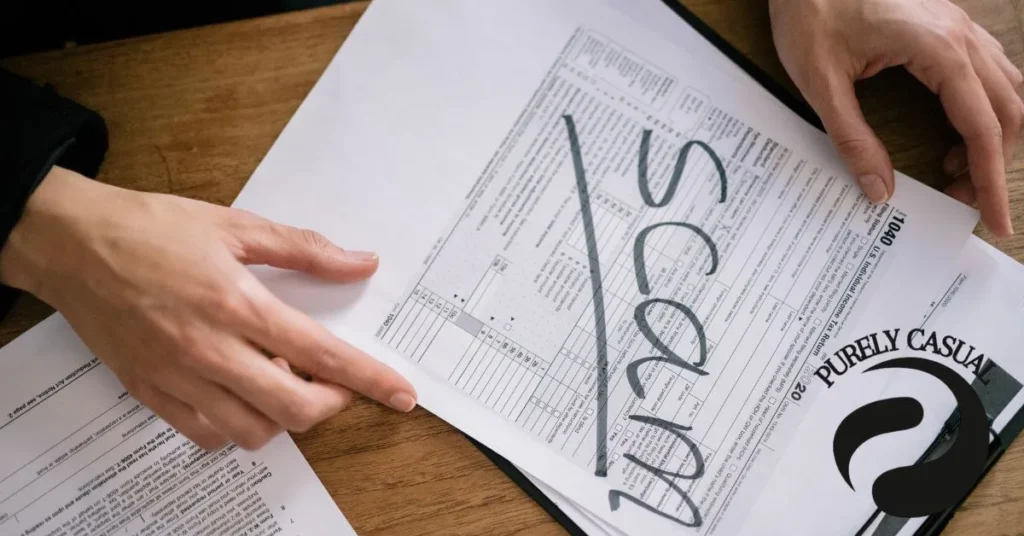Hospice care is designed to provide comfort and support for individuals in the final stages of life. It focuses on enhancing the quality of life for patients and their families, offering services that address physical, emotional, and spiritual needs. Zola Hospice is one such organization that has been dedicated to these principles.
Recently, Zola Hospice has come under scrutiny due to allegations of fraud. These claims suggest that the organization may have been involved in unethical practices, such as misrepresenting the care provided and engaging in fraudulent billing. Such accusations raise serious concerns about the services’ integrity and the potential impact on patients and their families.
Understanding these allegations is crucial, not only for those directly affected but also for anyone relying on hospice care. This blog post explores the specifics of the situation at Zola Hospice, shedding light on the reported fraudulent activities. We will delve into the details of these allegations, the broader context of healthcare fraud, and the steps individuals can take to protect themselves and their loved ones.
By examining the issues surrounding Zola Hospice, we hope to provide valuable information to help readers navigate the complexities of hospice care and stay vigilant against potential fraud. Whether you are a patient, caregiver, or simply interested in healthcare ethics, understanding these issues is essential for ensuring quality and transparency in end-of-life care.
Table Of Contents
Unveiling the Allegations: What is the Issue at Zola Hospice?
Details of the Fraudulent Activities
Zola Hospice is facing allegations of serious misconduct. Reports suggest that the organization may have been involved in fraudulent billing practices. This includes charging for services that were either not provided or misrepresented. There are also claims of falsifying patient records to receive higher reimbursements from insurance companies.
Investigation and Reporting
The allegations against Zola Hospice have been brought to light by various sources. Whistleblowers from within the organization have reported these issues. Additionally, investigative reports on the matter have highlighted these practices. Legal proceedings are ongoing to determine the extent of the misconduct and hold responsible parties accountable.
Impact on Patients and Families
The fraudulent activities at Zola Hospice have significant implications for patients and their families. Those affected may have received substandard care while being billed for services they did not receive. This situation can cause emotional distress, financial strain, and a loss of trust in the healthcare system. Understanding these impacts is crucial for addressing the issue and seeking justice for those harmed.
The Broader Context: Healthcare Fraud and Its Implications
Types of Healthcare Fraud
Healthcare fraud can take many forms beyond hospice care. Examples include:
- Billing for unnecessary tests or procedures.
- Falsifying patient records.
- Submitting false claims to insurance companies.
These fraudulent practices can undermine the quality of care and lead to financial losses for patients and providers.
Regulatory Framework
To combat healthcare fraud, various regulations and oversight mechanisms are in place. These include laws that require accurate billing and transparency in patient records. However, current regulations and enforcement gaps can make it challenging to prevent and detect fraudulent activities effectively.
Consequences of Healthcare Fraud
Healthcare fraud has far-reaching consequences for both the system and patients. It can lead to increased healthcare costs, reduced quality of care, and lost trust in healthcare providers. Perpetrators of fraud may face legal and financial penalties, but the damage done to patients and the healthcare system can be significant and long-lasting.
Steps to Prevent and Address Healthcare Fraud
Preventative Measures for Families and Caregivers
Families and caregivers can take several steps to avoid falling victim to healthcare fraud. They should carefully review bills and statements to ensure accuracy. Asking questions about the care provided and checking if services are being billed correctly can help identify potential issues early.
Advocacy and Reporting
If fraud is suspected, it is essential to report it promptly. Patients and their families can contact regulatory agencies or advocacy groups specializing in healthcare fraud. These organizations can offer guidance and support in addressing the issue and seeking resolution.
Improving Transparency and Accountability
Enhancing oversight and regulation in healthcare can help prevent fraud. This includes implementing stricter rules for billing and patient record management. Healthcare organizations and policymakers are crucial in improving transparency and holding fraudulent entities accountable.
Conclusion
Zola Hospice is under scrutiny for alleged fraudulent practices, including improper billing and misrepresenting care services, raising broader concerns about healthcare fraud and its impact on patients and families. Understanding these allegations is crucial for ensuring quality care. Awareness and vigilance in reviewing care and billing practices are vital for protecting oneself and loved ones from fraud. Staying informed about healthcare ethics and regulations contributes to better care and accountability. If you suspect fraud or have been affected, report it to the appropriate authorities and support advocacy efforts to improve transparency and prevent fraud. By being proactive, you can help ensure that healthcare services remain honest and reliable.
FAQs
What is Zola Hospice Fraud? Zola Hospice Fraud refers to allegations that Zola Hospice engaged in fraudulent practices, such as misrepresenting the care provided and falsifying billing records. This type of fraud can lead to financial and emotional harm to patients and their families.
How did the fraud allegations against Zola Hospice come to light? The allegations surfaced through whistleblowers within the organization and investigative reports on the issue. These sources provided evidence of fraudulent billing and misrepresentation of care services.
What are the potential impacts of hospice fraud on patients? Patients may experience substandard care and be billed for services they did not receive. This can result in emotional distress, financial strain, and a loss of trust in the healthcare system.
How can families and caregivers prevent falling victim to healthcare fraud? Families and caregivers should carefully review medical bills and statements, ask questions about the care provided, and verify that services are billed correctly. Being vigilant can help detect and prevent fraud.
What should I do if I suspect healthcare fraud? If you suspect fraud, report it to regulatory agencies or advocacy groups specializing in healthcare fraud. They can offer guidance on how to address the issue and seek resolution.
What role do regulatory agencies play in combating healthcare fraud? Regulatory agencies enforce laws and regulations designed to prevent healthcare fraud. They investigate allegations, oversee compliance, and work to ensure transparency and accountability in the healthcare system.
How can transparency and accountability be improved in healthcare? Improving transparency involves stricter rules for billing and patient record management. Enhanced oversight by healthcare organizations and policymakers is essential for preventing and addressing fraud.
What are the legal consequences for those involved in healthcare fraud? Individuals and organizations guilty of healthcare fraud may face legal actions, including fines, penalties, and imprisonment. These consequences aim to deter fraudulent practices and protect patients.







